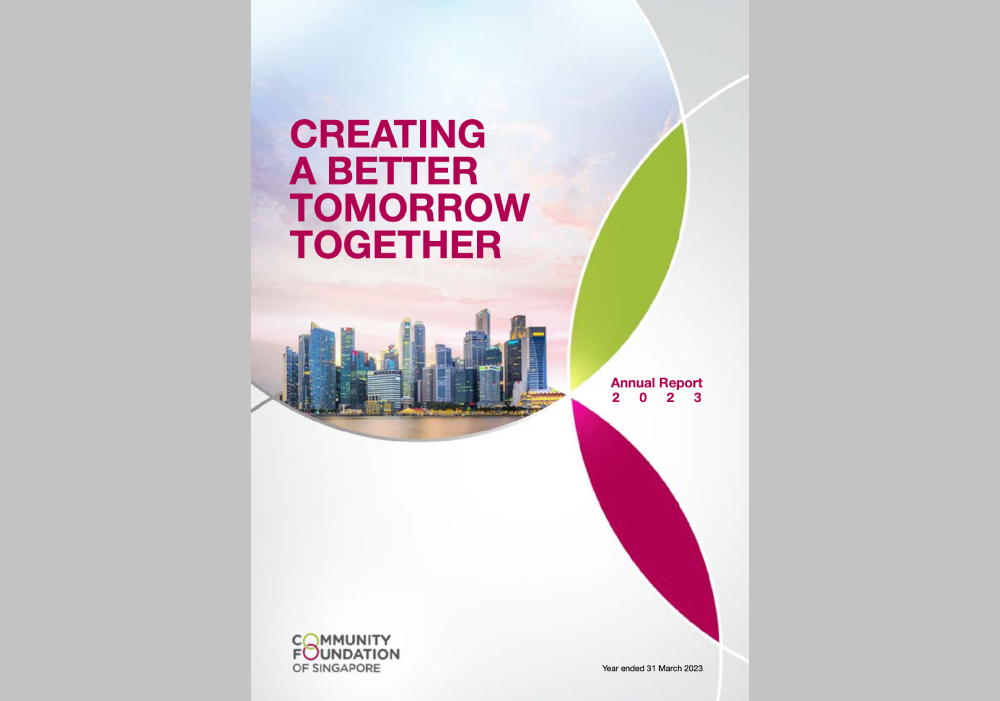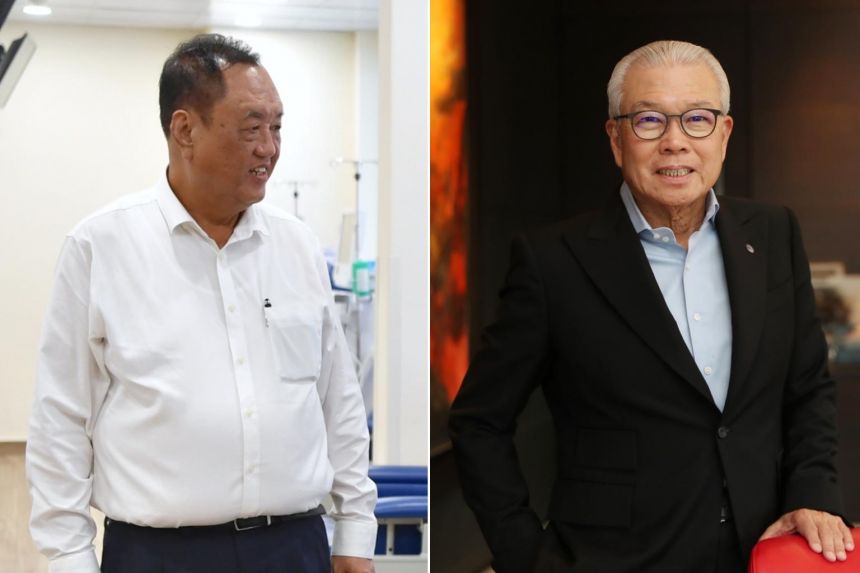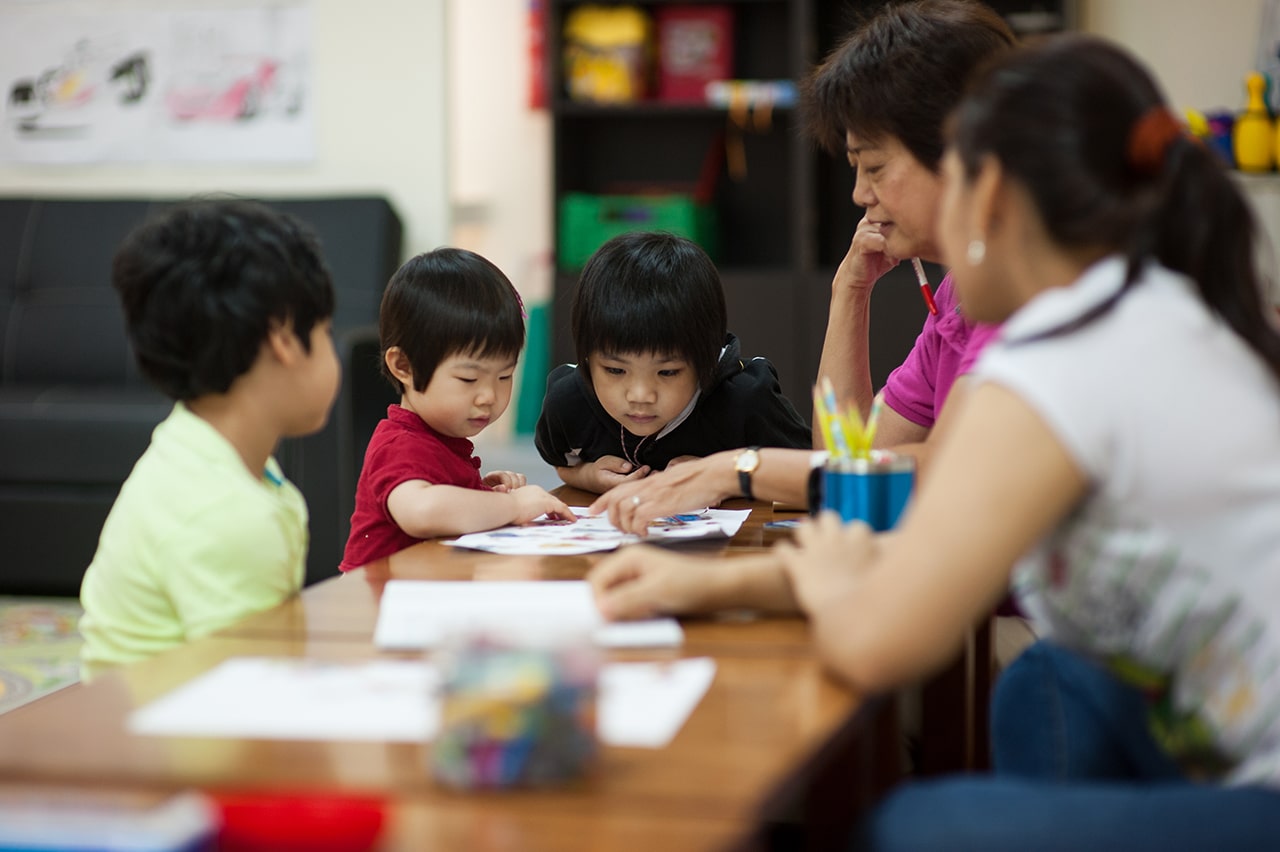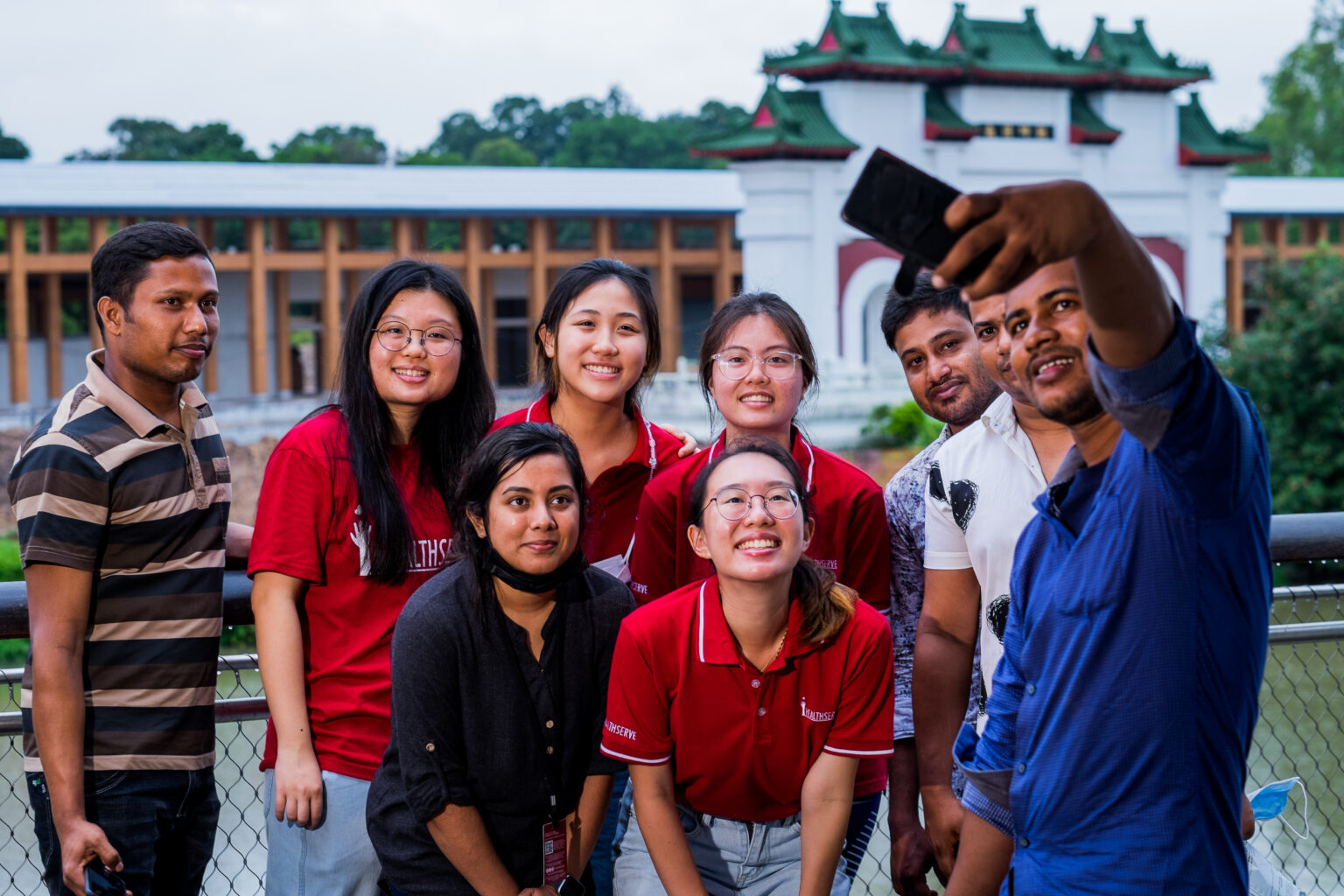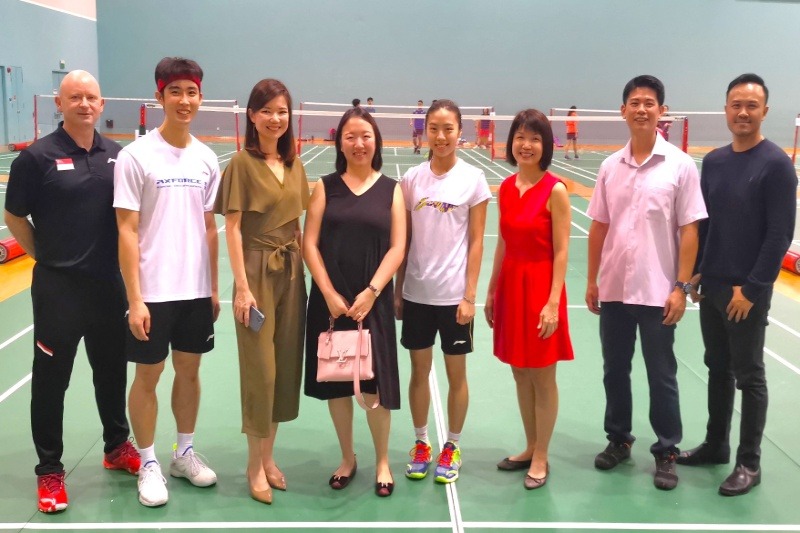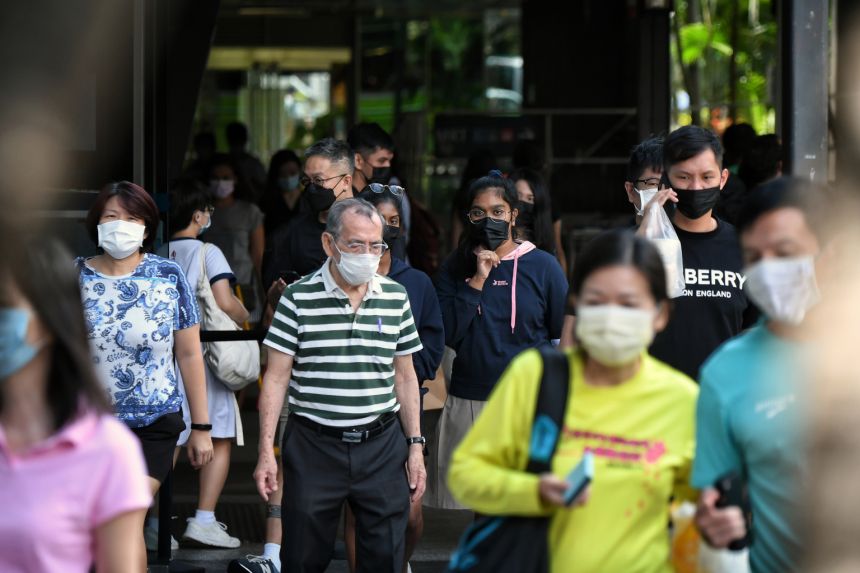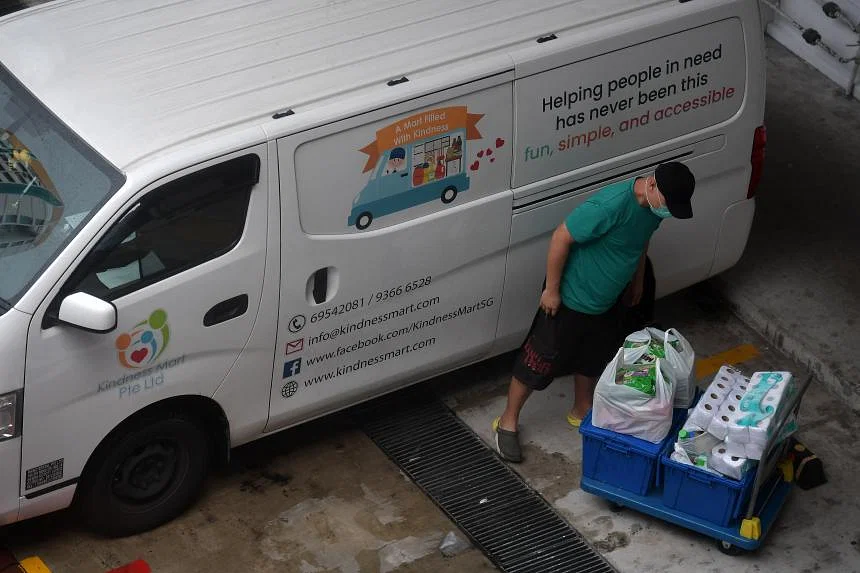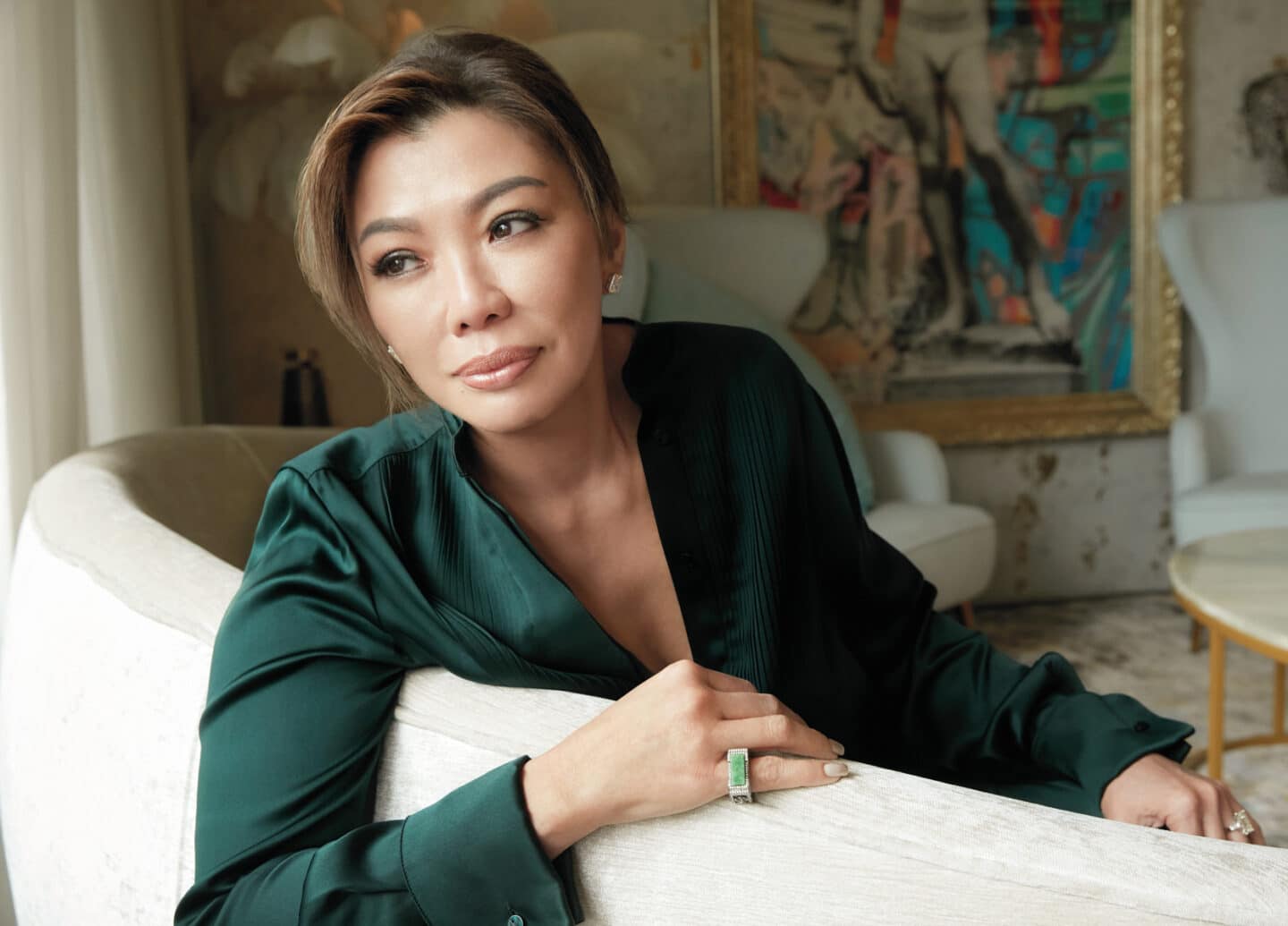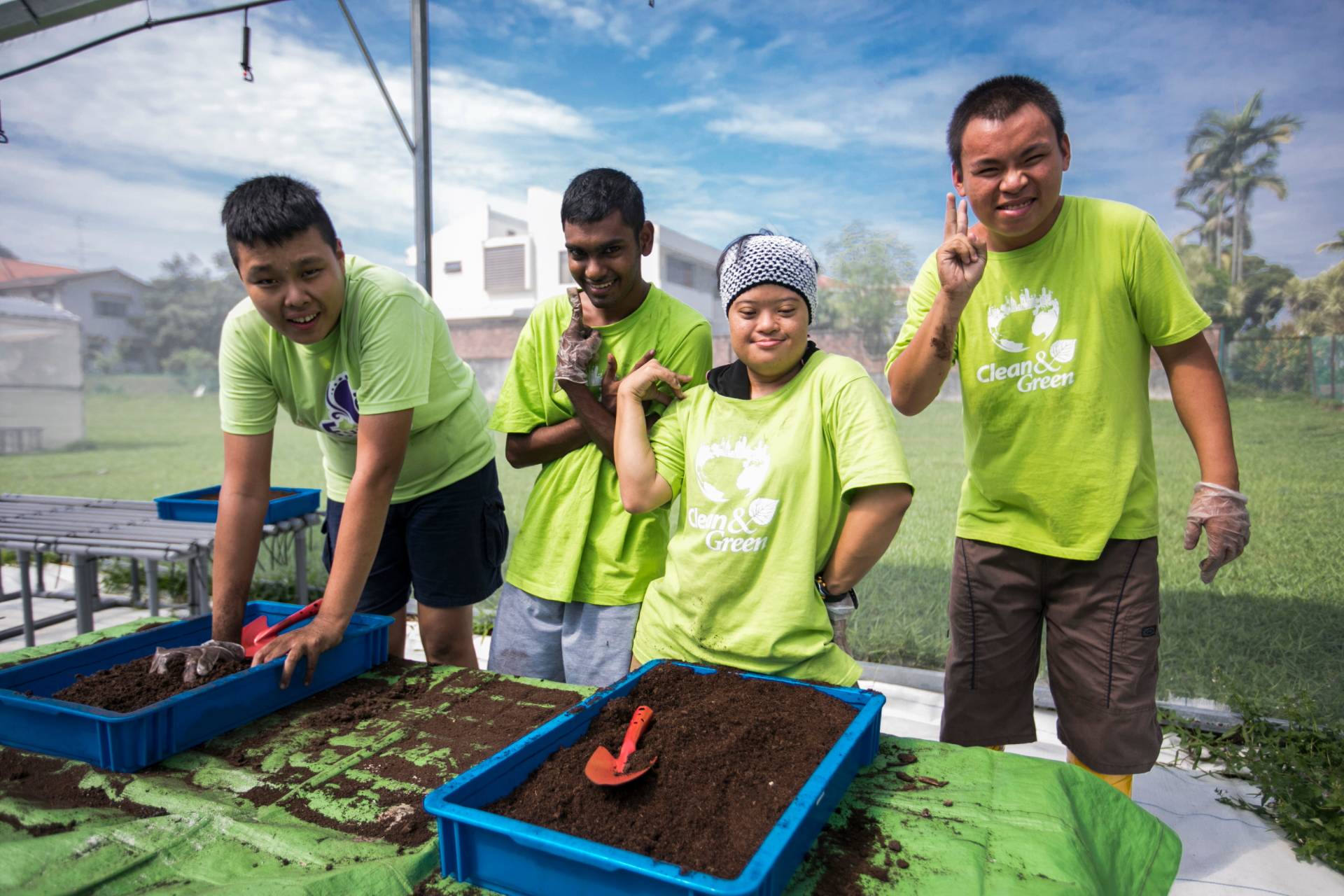Opinion
How much does a Singapore household need for a basic standard of living?


In a study of household budgets by Dr Ng Kok Hoe (Lee Kuan Yew School of Public Policy), A/P Teo Youyenn (Nanyang Technological University), Dr Neo Yu Wei (National University of Singapore), Dr Ad Maulod (Duke-NUS), Dr Stephanie Chok and Wong Yee Lok (LKYSPP), a basic standard of living means “…more than just, housing, food, and clothing. It is about having opportunities to education, employment, and work-life balance, as well as access to healthcare. It enables a sense of belonging, respect, security, and independence. It also includes choices to participate in social activities, and the freedom to engage in one’s cultural and religious practices.”
To date, a total of two household budget studies were conducted using the Minimum Income Standards (MIS) as a research method for establishing the incomes needed for a basic standard of living in Singapore. In 2019 the study[1] targeted seniors and in 2021 the study[2] extended this work to the needs of households. The results helped to establish a living wage level, a wage that allows people to afford a decent standard of living and embodies the values and principles that the public identifies with across a range of domains.
So, if I have a wish for, for next year and of course beyond…. it is to have a greater conversation around wages and people’s living standards that are based on principles like these – people’s needs, what is decent, what is basic, and what will allow people to not feel excluded from society.
Dr Ng Kok Hoe
Recognising the importance of research on the needs of households living in poverty, the Community Foundation of Singapore collaborated with the research team to invite 25 leaders from the social service sector to learn about the opportunities and trade-offs in applying MIS in Singapore, as well as to compare income standards in different countries. It was a process to understand about the living standards from ground up experiences which demonstrated what Singaporeans see as necessary and important to thrive while living in Singapore. Without such a process to unpack the lived experiences of individuals and communities, narratives often reinforce the worldview of the dominant and are unable to account for the real habits and practices of ordinary members of society.
The session with the social leaders was held in August 2022 and it opened up possibilities to incorporate MIS findings to review and enhance the delivery of programmes and services for marginalised communities and families.
This is an interesting discussion – we need more of these sessions for paradigm shifts within the sector itself. Social justice is one of the core principles in social work but what is “just” and is it the same as “fair”? Just or fair to who?
Participant’s reflection
The workshop invited attending social leaders to anticipate how society is changing and ask about the relevance of MIS and how it challenges or contributes to current income policies, assistance schemes, eligibility criteria for assistance and practices to ensure a minimum socially acceptable standard of living. It is also helpful for leaders from different fields to come together and share their assumptions, priorities, and values that may impact their assessment of clients’ needs and support provided.
It inspires me to imagine that when we talk about families no longer being in poverty, it is not just about being earning above a certain income (e.g., poverty line) but being able to achieve a basic standard of living. This has tremendous implications and guidance on how we think about measuring and evaluating the outcomes and impacts of our work.
Participant’s reflection
In the discussions, the participants found it crucial to include multiple stakeholders such as donors and funders who will fund these programmes and dictate expected processes and outcomes. As a follow-up, another session will be facilitated to gain their perspectives and ensure the conversation goes deeper, and generates aligned perspectives.
Through these sessions, we hope to push the boundary of thinking to inspire different stakeholders. Donors can play an important role in encouraging greater giving and I hope the next session will allow even deeper conversations
Joyce Teo, Executive Director, Centre for Applied Philanthropy, The Community Foundation of Singapore
This article was written by Joyce Teo, an executive director of Centre for Applied Philanthropy. Joyce leads the CAP team and works with donors and non-profit organisations to address the critical gaps in strategic philanthropy in Singapore.
References
[1] 2019 Household Budget Study: What older people need
[2] 2021 Household Budget Study: What people need in Singapore
- Related Topics For You: CHARITY STORIES, COLLABORATION, DONOR STORIES, EVENTS, FAMILIES, INCLUSIVITY & INTEGRATION, PARTNERSHIP STORIES
Trending Stories


Karim Family Foundation: Donor-Advised Fund Raises $200,000 to Support Local Sports Champion Loh Kean Yew
Karim Family Foundation: Donor-Advised Fund Raises $200,000 to Support Local Sports Champion Loh Kean Yew
In December 2021, 24-year-old Loh Kean Yew became the first Singaporean to win the Badminton...
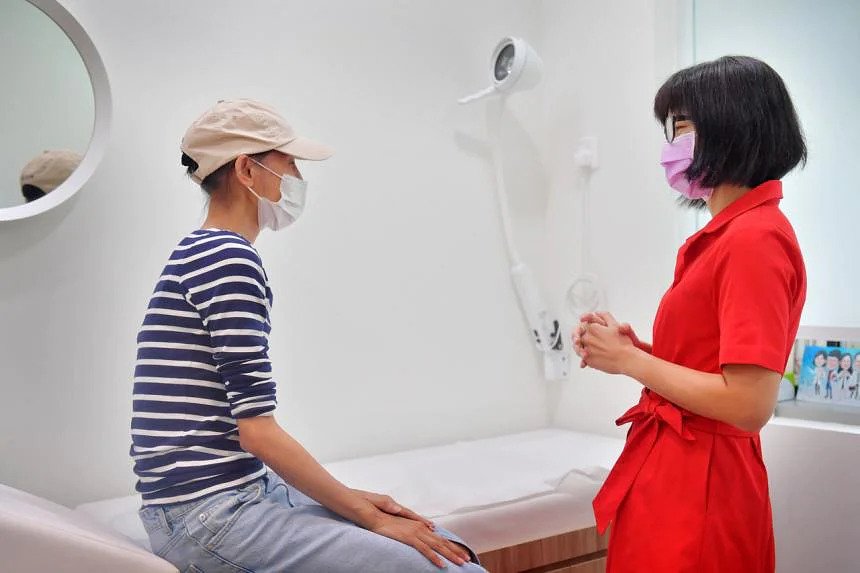

‘I thought I couldn’t go through any more of it’: Cancer patient gets help after insurer says ‘no’ to $33k bill
‘I thought I couldn’t go through any more of it’: Cancer patient gets help after insurer says ‘no’ to $33k bill
Good Samaritans have stepped forward to help a cancer patient, who hopes to spend more...



